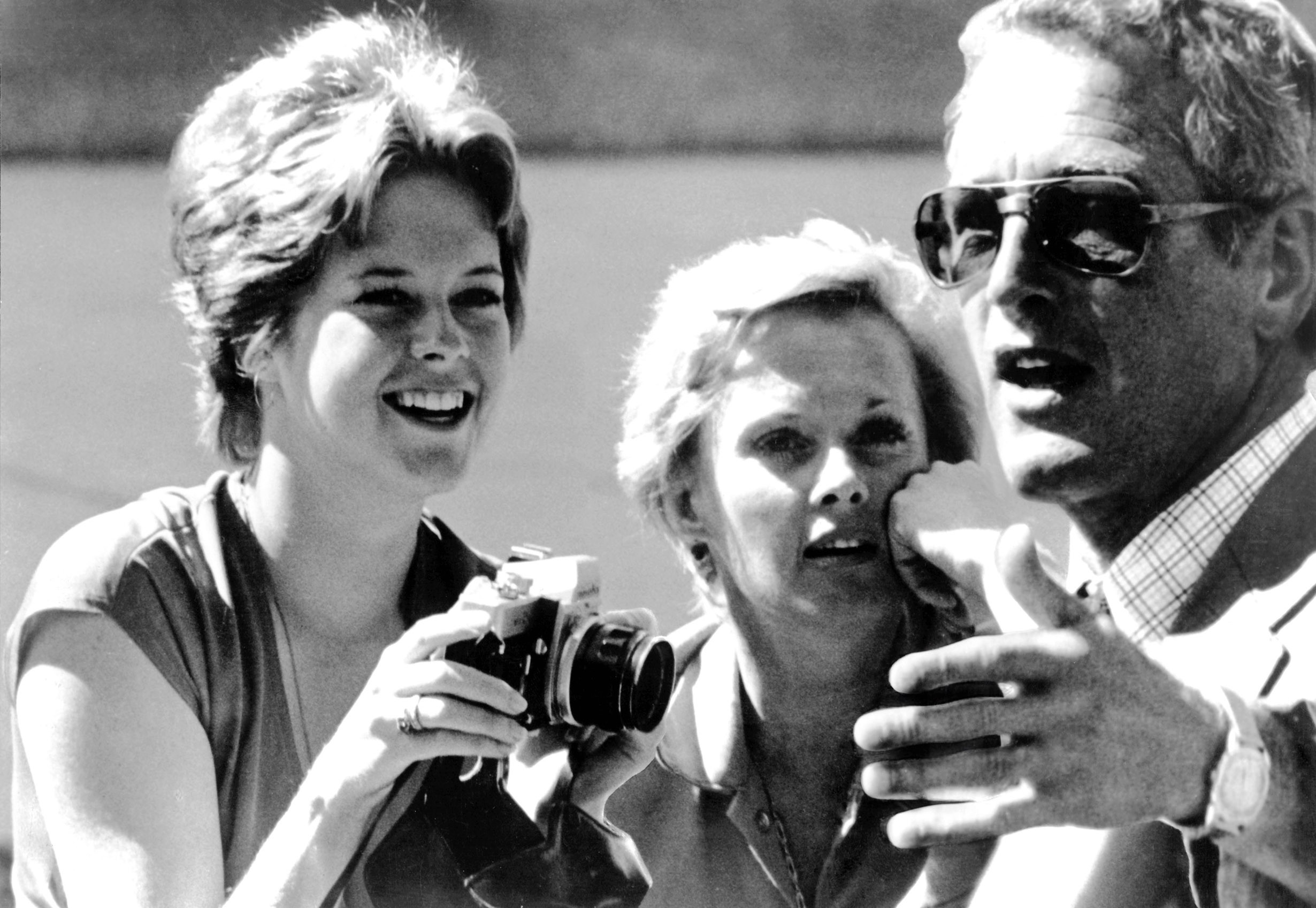Valeant Pharmaceuticals, based in Bridgewater Township, N.J., bought two specialty heart drugs used in emergency treatment from Marathon Pharmaceuticals in 2015, and then dramatically increased each drug’s price.
Ron Antonelli/Bloomberg via Getty Images
hide caption
toggle caption
Ron Antonelli/Bloomberg via Getty Images
Even before media reports and a congressional hearing vilified Valeant Pharmaceuticals International for raising prices on a pair of lifesaving heart drugs, Dr. Umesh Khot knew something was very wrong.
Khot is a cardiologist at the Cleveland Clinic, which prides itself on its outstanding heart care. The health system’s internal monitoring system had alerted doctors about the skyrocketing cost of the drugs, nitroprusside and isoproterenol. But these two older drugs, frequently used in emergency and intensive care situations, have no direct alternatives.
“If we are having concerns, what is happening nationally?” Khot wondered.
As it turned out, a lot was happening.
Following major price increases, use of the two cardiac medicines has dramatically decreased at 47 hospitals, according to a research letter Khot and two others published Wednesday in the New England Journal of Medicine.
The number of patients in these hospitals getting nitroprusside, which is given intravenously when a patient’s blood pressure is dangerously high, decreased 53 percent from 2012 to 2015, the researchers found. At the same time, the drug’s price per 50 milligrams jumped more than 30-fold — from $27.46 in 2012 to $880.88 in 2015.
The use of isoproterenol, key to monitoring and treating heart-rhythm problems during surgery, decreased 35 percent as the price per milligram rose from $26.20 to $1,790.11.
The two drugs, which are off patent, have long been go-to medicines for doctors.
“This isn’t like a cholesterol medicine; these are really, very specialized drugs,” says Khot, who is lead author on the peer-reviewed research letter. When patients get the drugs, he says, “they are either sick beyond sick in intensive care or they’re under anesthesia [during] a procedure.”
Valeant bought the drugs in early 2015 from Marathon Pharmaceuticals.Last year, Valeant announced a rebate program to lower the price hospitals paid for the drugs.
And Valeant’s Lainie Keller, a vice president of communications, says the company is committed to limiting price increases.
“The current management team is committed to ensuring that past decisions with respect to product pricing are not repeated,” Keller says.
Pharmacist Erin Fox, the director of drug information at University of Utah Health Care, said the findings by Khot and his colleagues reveal “exactly what a lot of pharmacists have been talking about. When prices are unsustainable, you have to stop using the drug whenever you can. You just can’t afford it.”
Fox says her Utah health system has removed isoproterenol from its bright-red crash carts, which are stocked for emergencies like heart attacks. But Nitroprusside is more difficult to replace.
“If you need it, you need it,” Fox says. “That’s exactly why the usage has not gone down to zero, even with the huge price increases.”
Cleveland Clinic leaders spent months investigating each drug’s use and potential alternatives, Khot says.
“We’re not going to ration or restrict this drug in any way that would negatively impact these patients,” Khot says, adding that he hopes to do more research on how the decreased use of both drugs has affected patients.
Dr. Richard Fogel is a cardiologist and electrophysiologist at St. Vincent, an Indiana hospital that’s part of Ascension, a large nonprofit chain with facilities in 22 states and the District of Columbia. He told a Senate committee last year that the cost of the two drugs alone drove a nearly $12 million increase in Ascension’s spending over one year.
“While we understand a steady, rational increase in prices, it is the sudden, unfounded price explosions in select older drugs that hinder us in caring for patients,” Fogel told the committee.
The NEJM letter also analyzed the use of two drugs that remained stable in price over that time period, as a control group — nitroglycerin and dobutamine. The number of patients treated with nitroglycerin, a drug used for chest pain and heart failure, increased by 89 percent. Khot warns that the drugs can’t always be used as substitutes.
Kaiser Health News, a nonprofit health newsroom, is an editorially independent part of the Kaiser Family Foundation. Sarah Jane Tribble is a senior correspondent at KHN.
Let’s block ads! (Why?)




